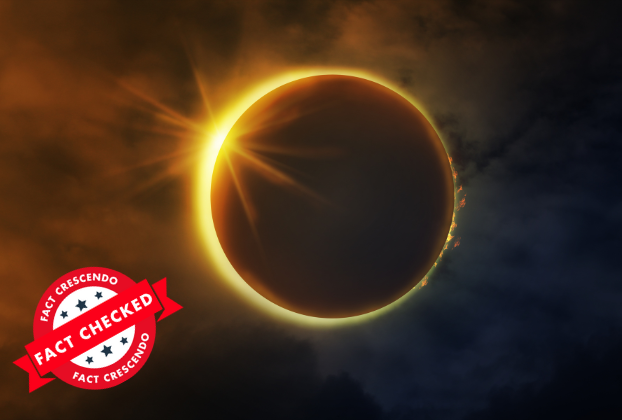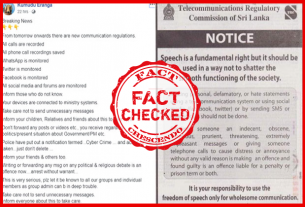Recent social media posts claim a total solar eclipse would occur on August 2, 2025, described as the longest eclipse of the 21st century with six minutes of darkness. These posts also mention another eclipse in 2027. Based on data from astronomical authorities, the 2025 eclipse claim is inaccurate. However, a significant total solar eclipse is indeed scheduled for August 2, 2027, which will be a notable astronomical event.
Social Media Posts
In the past weeks, social media users have been sharing claims that a total solar eclipse would occur on August 2, 2025, described as the longest total solar eclipse of the 21st century. These posts also mention that a significant eclipse will occur in 2027.
Fact Check
No Total Solar Eclipse on August 2, 2025
According to Times of India, NASA and multiple astronomical authorities have clarified that no eclipse, total or partial, occurred on August 2, 2025. That date has now passed with no solar eclipse observed anywhere in the world, reinforcing that the claim was completely unfounded and scientifically inaccurate.
Authoritative eclipse calendars published by NASA show no total or partial solar eclipse on August 2, 2025 or even in that month. In fact, the only solar eclipse occurring in 2025 will take place on September 21, and it will be a partial eclipse, visible only in parts of the South Pacific, New Zealand and Antarctica. You can view NASA’s official eclipse schedule for the 2020s here.
The Real “Eclipse of the Century” Will Happen on August 2, 2027
While the 2025 eclipse claim is incorrect, a total solar eclipse will occur on August 2, 2027.
The 2027 eclipse will have a maximum duration of 6 minutes and 22-23 seconds at its peak near Luxor, Egypt, making it the longest total solar eclipse visible from land in the 21st century. A longer eclipse occurred in 2009 (approximately 6 minutes and 39 seconds), but it was primarily visible over the Pacific Ocean with limited viewing opportunities.
The path of totality will extend through southern Spain, northern Africa (Morocco, Algeria, Tunisia, Libya, and Egypt), and parts of the Middle East (Saudi Arabia, Yemen, and Somalia). A partial eclipse will be visible from much of Europe, Africa, the Middle East, and sections of Asia.
This eclipse is significant due to its duration and visibility across populated regions. Scientific organizations, astronomy groups, and tourists are planning observation expeditions, with Egypt being a preferred location due to favorable weather conditions in August, despite the region’s high temperatures which typically reach above 40°C (104°F).
(Source: NASA, Space.com, Forbes)
Conclusion
According to verified astronomical data, no eclipse occurred on August 2, 2025. The actual significant astronomical event will take place on August 2, 2027, which will be the longest total solar eclipse visible from land in the 21st century and is anticipated to be an important event for astronomy enthusiasts worldwide.

Title:Fact-Check: No Solar Eclipse Occurred on August 2, 2025
Fact Check By: Cielito WangResult:Partly False






